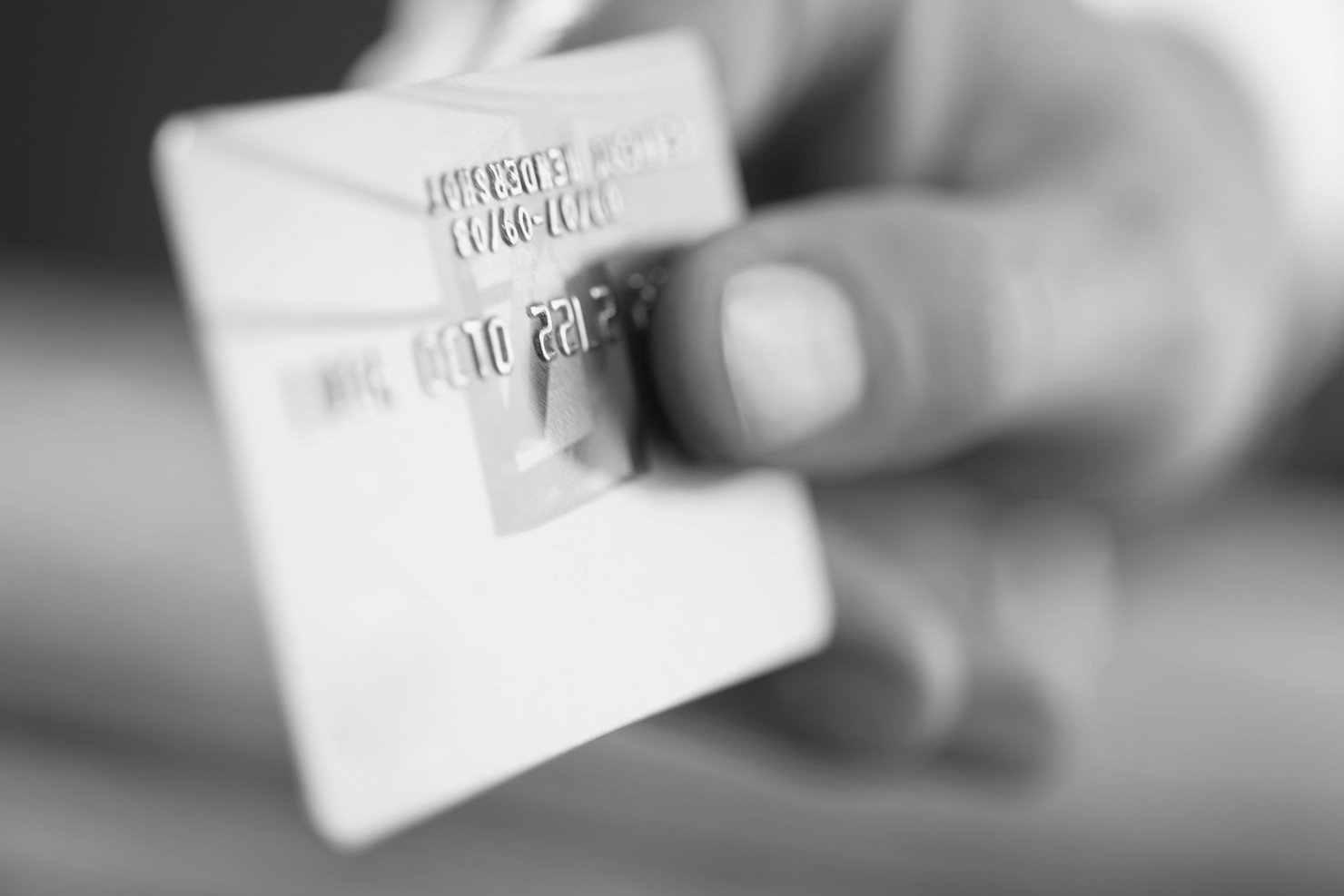When Medical Bills Hurt Your Credit Health
Medical bills? The joy!
You should all know by now that I’m a sucker for hypothetical scenarios, so let’s just jump right in! Four months ago, your car was side-swiped by a distracted driver. The impact sent you careening into a ditch, where you broke a wrist and two ribs. You rode in the ambulance to the Emergency Room, where you received x-rays and basic triage care. A couple days later, you ended up having to have surgery to place pins in your broken wrist. Since then, you’ve been doing physical therapy and you’re approaching the end of your treatment.
You went ahead and opened a personal injury claim against the at-fault driver’s insurance right after the accident happened, and you figured that you would just pay those medical bills out of your recovery whenever you finish treating. But last week, you got a notice in the mail that your accounts with the ambulance company, the hospital, and the orthopedic surgeon are all about to go into collections! So now you’re staring down a pretty sizable ding to your credit rating - an injury quite a bit more permanent than a broken wrist - and it’s all because of someone else’s mistake. Doesn’t seem fair, does it?
So what can I do?
Losing a great credit rating because of another person’s screw-up is pretty hard to swallow for most people, and it should be. Unfortunately, it isn’t uncommon for a claimant’s accounts to become overdue during treatment, in large part because the idea is for you to wait to complete treatment before you even entertain the idea of settlement. Fortunately, there are measures you can take to avoid letting those bills languish while you work towards your maximum medical improvement.
1. Medpay. Remember medpay? You know, medical payments coverage? Well, medpay is tailor-made for situations just like this one. If you need some bills paid early on in your claim, then medpay is a great option. And don’t forget that medpay is stackable, so if you’re covered under multiple policies, you can recover medpay from each one!
2. Payment plans. If medpay isn’t an option and your providers aren’t willing to billing your health insurance (non-hospital providers don't typically have to), then the next-best option might just be to pick up the phone, call the provider’s billing department, and inquire about a monthly payment plan. The theory is that if the provider sees you making a good-faith effort to pay down the balance, even if it’s a small monthly amount, they’ll at the very least hold your account out of collections until your claim settles. Keep in mind that this isn’t a universal thing, and providers aren’t under an obligation to hit the pause button during your claim’s pendency, but in my experience it’s fairly rare for a provider to turn down a payment plan request.
3. Hire a lawyer. Call me biased, but there are a ton of good reasons why you should hire a lawyer, and on the flip side there are very few good reasons to handle your own claim. One of the many reasons why an experienced personal injury lawyer is a valuable resource is because we can work with your providers to make sure that your credit rating is preserved while you recuperate and work towards a resolution of your claim. Providers tend to pay closer attention and exercise more patience when an attorney is steering the ship rather than a pro se claimant. No offense, of course.
The takeaway?
Credit health is highly important in our modern society, and it follows that you want to preserve yours as much as possible during your claim. It’s always a risk to let bills hang around, and that remains true in the personal injury universe, but as long as you stay vigilant and proactive, there’s plenty you can to do protect your credit rating. Let me know if you have questions!

